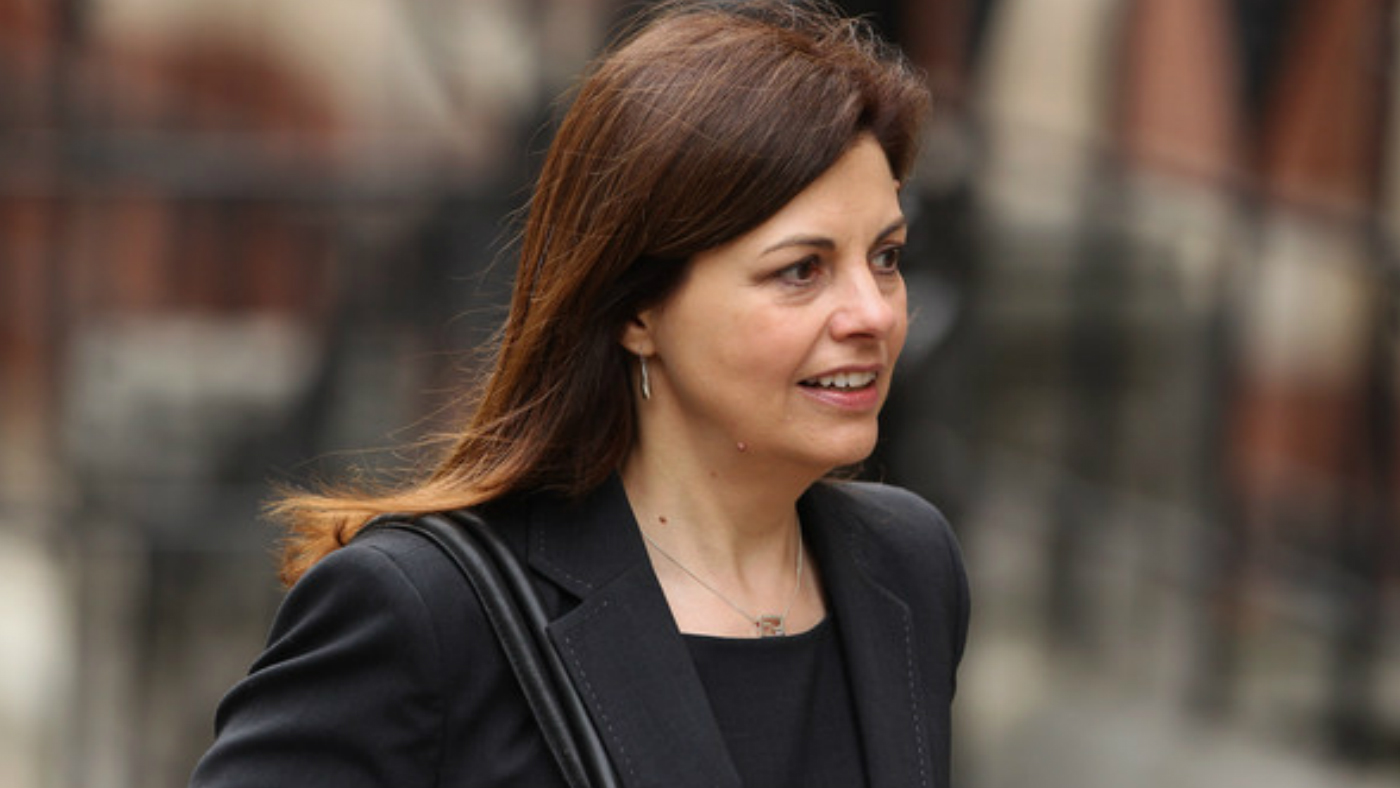Leveson inquiry 2: Ex-Crimewatch presenter launches legal challenge
Phone-hacking victim Jacqui Hames calls for judicial review into government consultation

A free daily email with the biggest news stories of the day – and the best features from TheWeek.com
You are now subscribed
Your newsletter sign-up was successful
A former Crimewatch presenter who was a victim of phone hacking is launching a legal challenge to the government's decision to hold a consultation on whether to go ahead with the second phase of the Leveson inquiry into the UK press.
Retired Scotland Yard detective Jacqui Hames, who was placed under surveillance by the News of the World in 2002, is calling for a judicial review of the move, accusing the government of reneging on its commitment to stand up for victims of unscrupulous practices.
What is "Leveson 2"?
The Week
Escape your echo chamber. Get the facts behind the news, plus analysis from multiple perspectives.

Sign up for The Week's Free Newsletters
From our morning news briefing to a weekly Good News Newsletter, get the best of The Week delivered directly to your inbox.
From our morning news briefing to a weekly Good News Newsletter, get the best of The Week delivered directly to your inbox.
Known as "Leveson 2", the inquiry was supposed to investigate "the extent of unlawful conduct in media groups and the police and how allegations were investigated", including any attempts to cover up evidence of phone hacking, says the BBC.
However, Culture Secretary Karen Bradley last month announced a consultation on whether a continuation of the costly inquiry is in the public interest.
Deputy Labour leader Tom Watson ridiculed it as "a consultation on whether the cover-up should be covered up" and called it "a sad day" for the victims of press intrusion. A decision is expected on 10 January, although Hames's call for a judicial review could upend the government's plan.
Has press regulation improved since the 2012 Leveson report?
A free daily email with the biggest news stories of the day – and the best features from TheWeek.com
Not as much as press regulation groups such as Hacked Off would like.
Leveson's key recommendation was for a new self-regulation body that would be totally independent from the influence of serving editors and journalists.
In October, the Press Regulation Panel, set up by the government following the publication of the report, recognised new Leveson-compliant regulator Impress - however, newspaper editors have strongly resisted joining. Most claim the current watchdog, the Independent Press Standard Organisation (Ipso), is sufficiently robust while several have expressed concerns for the implications of a state-sanctioned regulator on the UK's free press.
Section 40 of the Crime and Courts Act 2013 would incentivise newspapers to sign up to Impress by exempting members from new laws compelling publishers to pay legal costs of cases brought against them whether they win or lose.
But the legislation has yet to be implemented and press regulation campaigners, who say section 40 protects claimants from costly legal battles to bring publishers to account, fear it will be dropped after aggressive lobbying by newspapers.
Bob Satchwell, a former executive director of the Society of Editor, said it would be "dangerous" for local and regional papers, who could be forced out of business by legal costs even if they were innocent of wrongdoing.
However, Hacked Off's Evan Harris told the BBC blocking Section 40 would mean "denying victims of press abuse and responsible journalists access to justice".